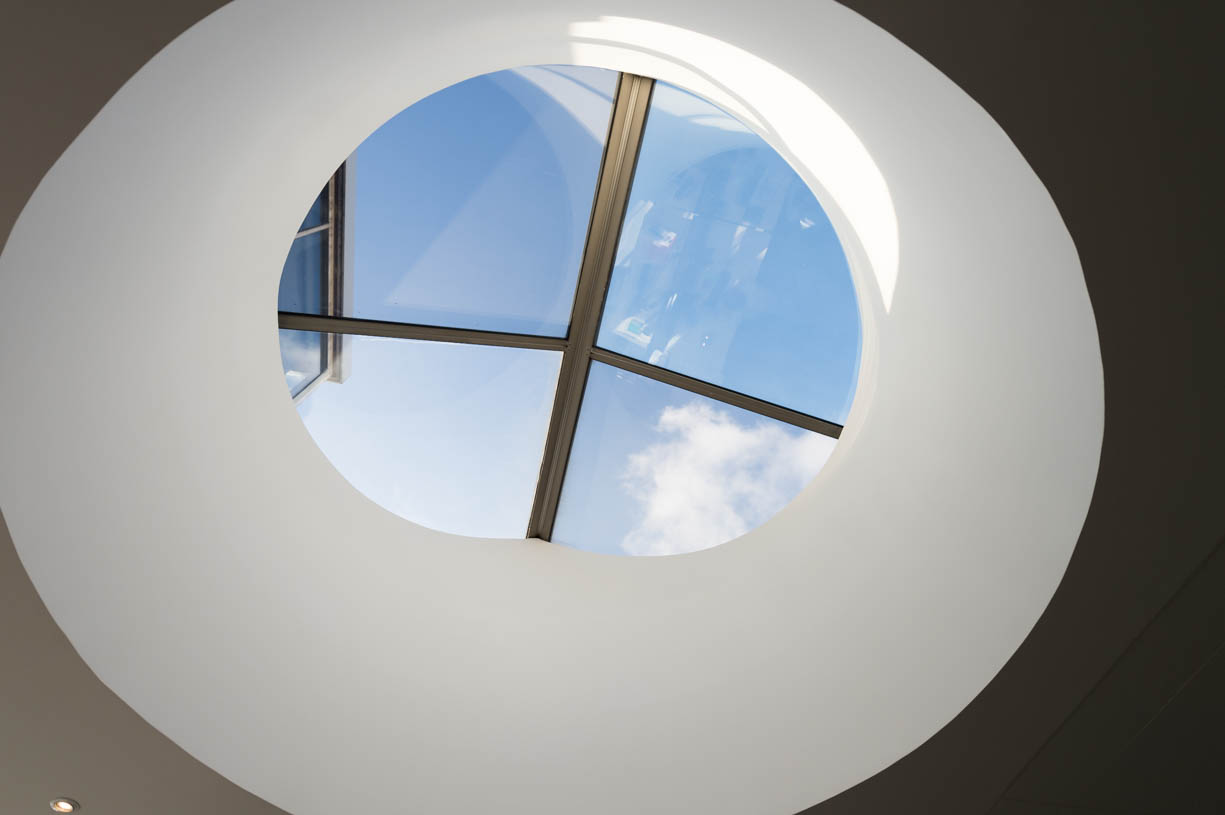Asset managers’ direct environmental impact is fairly limited compared to the level of pollution generated by industrial activities.
Despite our low level of environmental externalities, we are keen to play our role in the global sustainability challenge by controlling our impact through a proportional two-tier approach : mitigation and offsetting.

Annual reports and measures were initiated in 2011 and since then tobam endeavours to enhance the scopes under review.
TOBAM over the years made considerable efforts to extend the scope of the inventory. 2020’s report takes into consideration scopes 1, 2 and 3, as well as accommodation from business travels, freights and consumables of foods and drinks in the office. TOBAM also includes into its carbon footprint calculations: the inclusion of TOBAM’s employee’s personal emissions to the total of emissions offset by tobam. This is a significant addition to our emissions and we have considered this as an innovative way to consider a company’s emissions, this should be in our view be considered as a scope 4 of any company.
While we strive to make mitigation efforts wherever possible, some of the impacts cannot be significantly reduced. Air travel, for instance, is unavoidable for TOBAM considering its international scope of clients. In these cases, carbon offsetting is a suitable method of making a concrete contribution to deal with environmental issues, when emission mitigation is not feasible in a realistic way without impacting operational effectiveness.
We therefore decided to initiate a carbon offsetting programme in 2011, consisting of offsetting 110% of our CO2 emissions (Scope 1,2 & 3 + employees’ personal emissions) by subsidizing green, renewable energy or reforestation projects.
For example, offsetting our operations in 2020 enabled the funding of a Wind Power Plant in Brazil (Santa Victoria Chui) .



